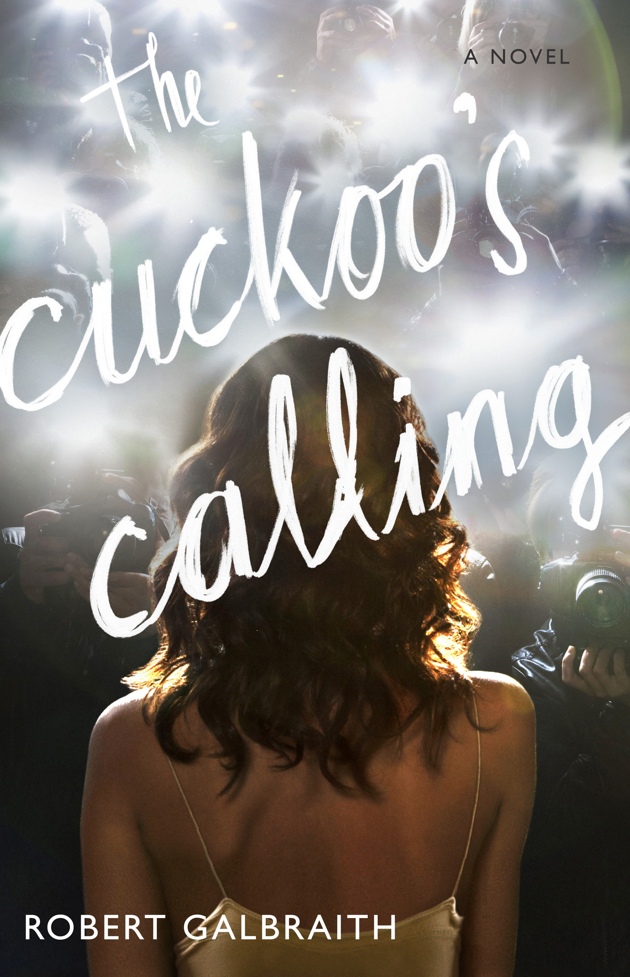Let me make one thing clear right off the bat: loving one’s country is not a bad thing. The bible encourages us to love our neighbors, and insofar as our country is simply a collection of 300 million of our closest neighbors, we should feel a deep and urgent calling to love America. We also know that we are called to pray for our leaders (regardless of any disagreements we may have with them), and to be subject to the governing authorities under which we have been placed. In essence, we are called to be good citizens of our country as a reflection of our true citizenship in heaven. After all, we are citizens of this Earth for a length of time akin to a puff of smoke, here one second and gone the next, but we will dwell as citizens of Heaven for all eternity even after all earthly distinctions have passed away. So, while love of country may be a good thing, when the church turns it into a god thing, it becomes idolatrous and must therefore be approached thoughtfully and with care.
Patriotism is one of the most essentially symbolic things we do as citizens. We sing patriotic songs, wear patriotic colors, and wave miniature patriotic flags, all symbolic representations of our love for our country. We only have to imagine ourselves at one of the World Cup games happening in Brazil right now to understand just how powerful these symbols are. Spectators need only look at the color of your shirt to know all they need to know about you: where you’re from, who you’re cheering for, and whether or not they despise you with every fibre of their being or embrace you as a brother (even if you are a perfect stranger). Symbols are powerful things, especially when it comes to national identification. So when we conflate these symbols of patriotism with symbols of worship, we end up with serious problems on our hands.
When Moses went up to Mount Sinai and the people below grew restless they turned to a golden calf for solace. The calf quickly became a symbol of their freedom from slavery and their escape from Egypt. They sinfully worshipped an idol, a created being, instead of the creator God who was the true source of their freedom and the one who would lead them out of the wilderness. If you were to walk into your sanctuary this Sunday to see a 100-foot-tall golden calf erected in the middle of the stage from which the gospel was normally preached, wouldn’t you be appalled, offended even at the flagrant idolatry? So then why would a 100-foot-tall flag be somehow different? Is it not a symbol of freedom, created by man, and ultimately void of any ability to lead anyone out of the wilderness? Maybe you don’t see a problem with an enormous idol erected in the middle of your sanctuary because you don’t think you’re worshipping it as your god. But just as the mere presence of an enormous golden calf would cast a pall over a congregation so too does the presence of an enormous spangled flag. Symbols matter and when we use a representation of something created to literally cover up the cross, the symbol of Christ, in our sanctuary, we are at the very least engaging in a despicable mimicry of the idolatry that devastated the people of Israel at Mount Sinai.
While I do not see any biblical support for churches sacrificing time and money on the performance of even vaguely non-biblical fare, I absolutely cannot see a biblical rationale for forsaking the regular meeting of the body of Christ in order to sing songs about a country that has been around less than three centuries when we are offered intimate communion with the one true God who created the world and exists outside of time itself. C.S. Lewis was tragically correct when he said that we are “like an ignorant child who wants to go on making mud pies in a slum because he cannot imagine what is meant by the offer of a holiday at the sea. We are far too easily pleased.” We should not be satisfied with anything less than the robust, bold preaching of the true gospel every time we gather together as the body of Christ on Sunday morning.
I can hear the retorts already: “But we DO preach the gospel at our patriotic performance.” Maybe you’re right, maybe you do, but the addition of the gospel to the end of a performance like a Jesus footnote does not somehow miraculously transform any activity into a biblical gathering. If that were how it worked, just imagine the ministry opportunities it would open up: no church on Superbowl Sunday, we’re watching the game, but don’t worry there will be a gospel presentation at the end; no church on Sunday, we’re having a secular concert, but our pastor will get on stage at the end and say a few words so it’s okay; no church on Sunday, we’re going to see the new Transformers movie, but next week pastor will explain how the movie is actually a biblical allegory. No! The gospel is not a last-minute afterthought we should be content to tack onto any activity we feel like doing on Sunday morning, instead it should be the very reason we feel compelled to gather on Sunday morning!
“But people get saved at our patriotic performance!” That may be so but the ends never justify the means when it comes to evangelism. We should trust the Lord enough to know that he doesn’t need any program or performance of ours to draw those whom he has called to himself. What he calls us to do is preach the gospel boldly to all we come in contact with, he calls us to fight the good fight, and finish our race faithfully. We don’t need to get creative and we certainly don’t need to use patriotism as a gimmick to trick non-believers into coming to church.
“But part of the reason we put on the performance is to honor those who have served our country.” That’s all good and well, but empty lip service does nothing to actually address the many problems the men and women of our armed forces face. Imagine the impact the church could have if instead of squandering time, money, and resources on a three-day performance that will end with nothing to show for it, they poured that effort into making a tangible difference in the lives of military families. In a time when more and more military families have had to turn to food stamps to make ends meet, we can do better. While it may make us feel better to say thank you in extravagant, public ways, what is really needed is the meeting of real, physical needs by true gospel servants.
While loving America is not a bad thing, we cannot make the mistake of turning it into a god thing. Jesus does not require you to love America in order to be saved. Instead Paul says that “if you confess with your mouth that Jesus is Lord and believe in your heart that God raised him from the dead, you will be saved.” Our hope for freedom does not lie in a flag, it lies in a Savior crucified 2,000 years ago. Do not make the mistake of placing your faith in a “living flag,” rather, place it in the living God, the only true source of everlasting freedom.


